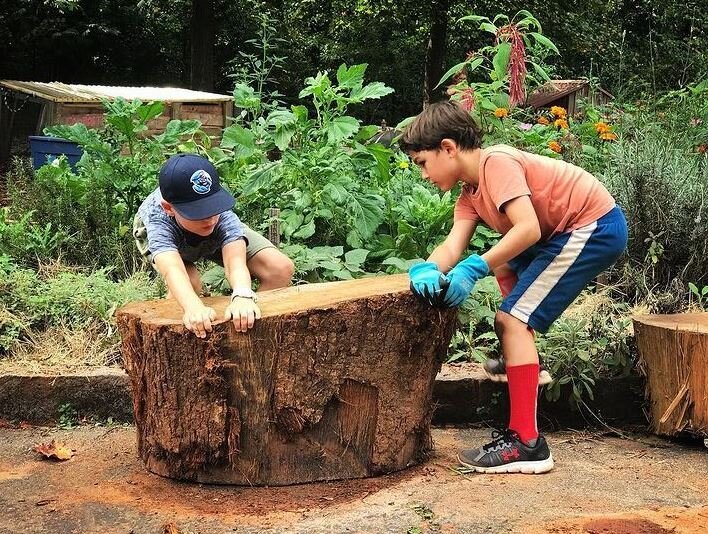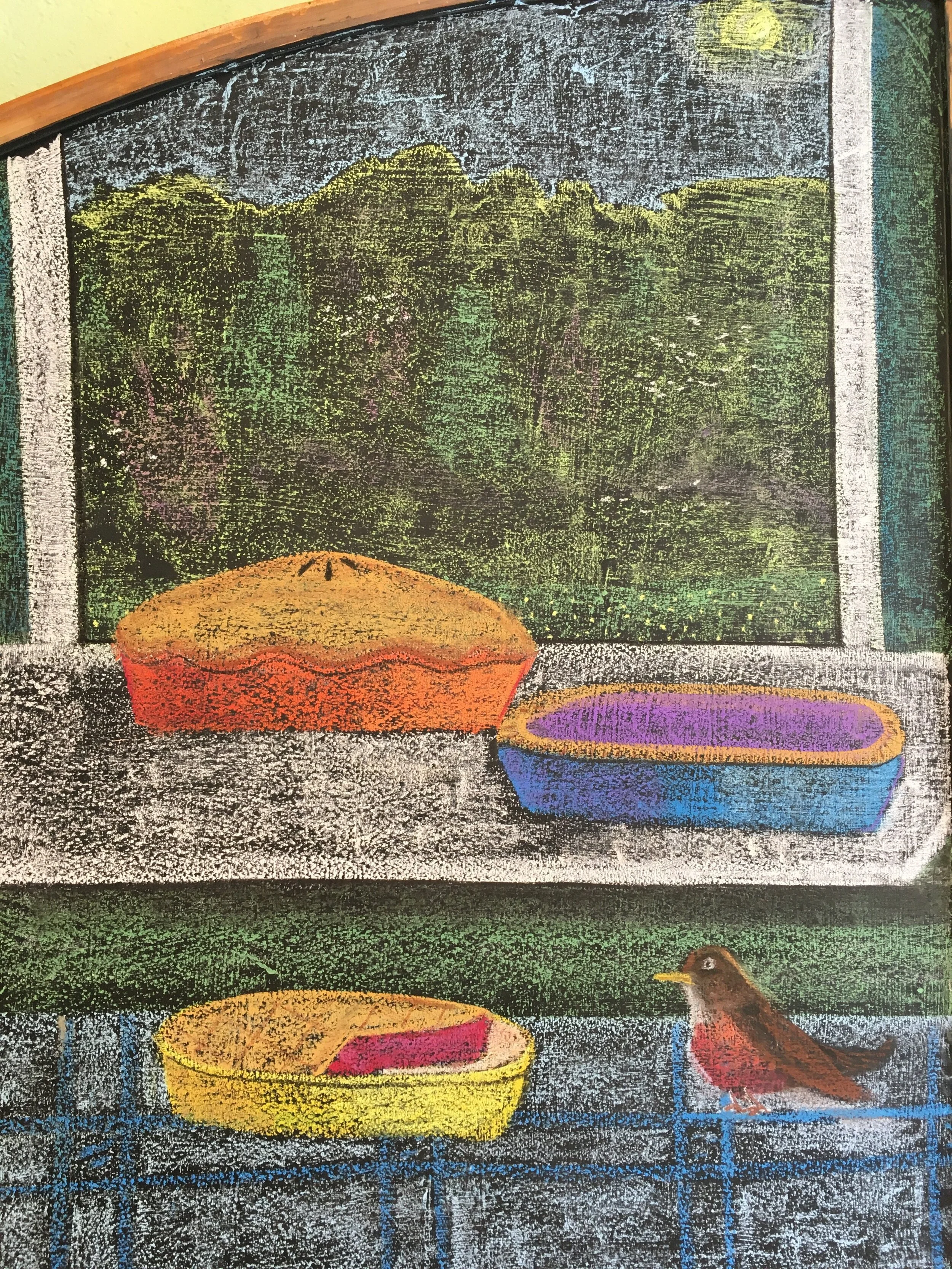“Childhood should be a magical time of life. It is important that children not be robbed of this special time. Waldorf is magical and promotes this philosophy. ”
Waldorf Storied Knowledge
In the elementary years, Waldorf makes lively use of a time-honored practice: teaching children through stories that recount the deeds of heroes, the qualities of animals, the history of a people, cultural wisdom and spiritual truths. Stories also promote solid learning in every academic subject from the alphabet and basic arithmetic through zoology and Greek history. Teachers loop with their class, staying with them through several grades and over many years. With more time to get to know each student personally, teachers have a deeper understanding of their strengths and challenges and can better meet each child’s unique needs.
Lower School
Waldorf Grade 1
First grade is the commencement of formal schooling marked by children's new interest in learning. Students establish good habits of classroom life and work that will form the basis for all subsequent learning at school. The students and teacher build the foundation for an ever-deepening relationship while forming a socially cohesive group during this special year of beginnings.
Lower School
Waldorf Grade 2
In Grade Two, children study animal fables that characterize individual human qualities – such as Anansi the Trickster - and legends of great people who sacrificed for the greater good. Second graders continue to familiarize themselves with the fundamentals of arithmetic and literacy, further developing a repertoire of skills that were initially introduced in Grade One. Teachers continue to use movement, rhythm, and rhyme as a key instructional tool.
lower school
Waldorf Grade 3
Practical Grounding
Noticeable physiological, psychological and cognitive changes take place in the child this year. The nine/ten year threshold represents a very significant step in self-awareness. Children realize they are separate from their surroundings and meet the world as individuals, often resulting in increased questions, self-doubt and wonder. Waldorf gives its third grade lessons a practical orientation. In math, they work with time, money, and measurement. In their main lesson, they study how people live and work. On campus, they plant flowers, take care of chickens, and stir the compost.
lower school
Waldorf Grade 4
Independent Thought
By Grade Four, students possess the solid academic skills needed to participate in more independent projects. Fourth grade students have developed into individuals who are better able to objectify their studies. For example, when studying Norse mythology, fourth graders use their new skills with fractions to create mathematically precise drawings of intricate geometric plaits and knots.
lower school
Waldorf Grade 5
Scaling Olympus
From the myths of the ancient Egyptians, Indians and Persians to the written history of the ancient Greeks, fifth graders move from the stories of ancient peoples to the formal study of history. At the same time, fifth graders attain a certain ease and grace of physical movement intrinsic to their age. An awareness of self strengthens. The celebration of these unique abilities culminates in the fifth grade's participation in the Greek Olympiad, a glorious pentathlon event with other regional Waldorf schools.















